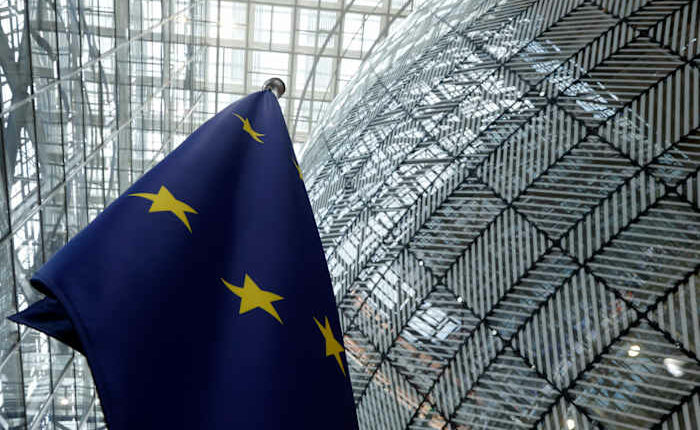Share this @internewscast.com

LONDON – On Thursday, the European Union unveiled a code of practice aimed at general purpose artificial intelligence. This initiative is designed to assist thousands of businesses within the 27-nation union in aligning with its significant AI legislation.
The EU’s new code is optional and serves as a complement to the EU’s AI Act, a thorough regulatory framework that was sanctioned last year and is being implemented gradually.
The focus of the code is on three main areas: it mandates transparency for AI model providers seeking to merge their technology into products; it addresses copyright protections; and it emphasizes the safety and security standards for the most sophisticated AI systems.
The AI Act’s rules on general purpose artificial intelligence are set to take force on Aug. 2. The bloc’s AI Office, under its executive Commission, won’t start enforcing them for at least a year.
General purpose AI, exemplified by chatbots like OpenAI’s ChatGPT, can do many different tasks and underpin many of the AI systems that companies are using across the EU.
Under the AI Act, uses of artificial intelligence face different levels of scrutiny depending on the level of risk they pose, with some uses deemed unacceptable banned entirely. Violations could draw fines of up to 35 million euros ($41 million), or 7% of a company’s global revenue.
Some Big Tech companies such as Meta have resisted the regulations, saying they’re unworkable, and U.S. Vice President JD Vance, speaking at a Paris summit in February, criticized “excessive regulation” of AI, warning it could kill “a transformative industry just as it’s taking off.”
More recently, more than 40 European companies, including Airbus, Mercedes-Benz, Philips and French AI startup Mistral, urged the bloc in an open letter to postpone the regulations for two years. They say more time is needed to simplify “unclear, overlapping and increasingly complex EU regulations” that put the continent’s competitiveness in the global AI race at risk.
There was no sign that Brussels was prepared to stop the clock.
“Today’s publication of the final version of the Code of Practice for general-purpose AI marks an important step in making the most advanced AI models available in Europe not only innovative but also safe and transparent,” the commission’s executive vice president for tech sovereignty, security and democracy, Henna Virkkunen, said in a news release.
Copyright 2025 The Associated Press. All rights reserved. This material may not be published, broadcast, rewritten or redistributed without permission.











